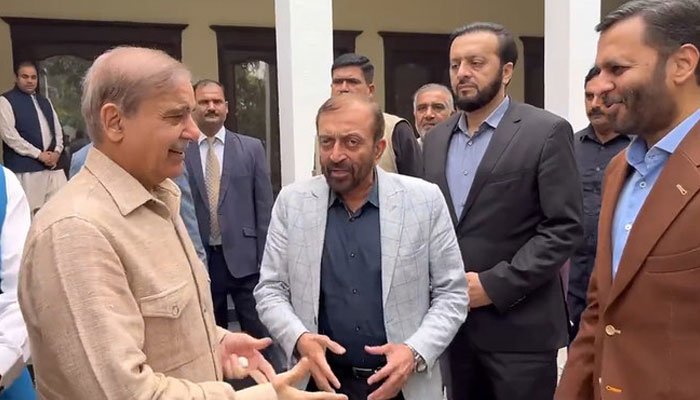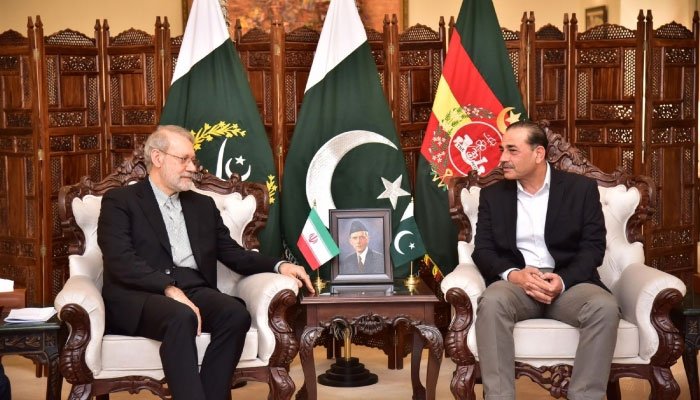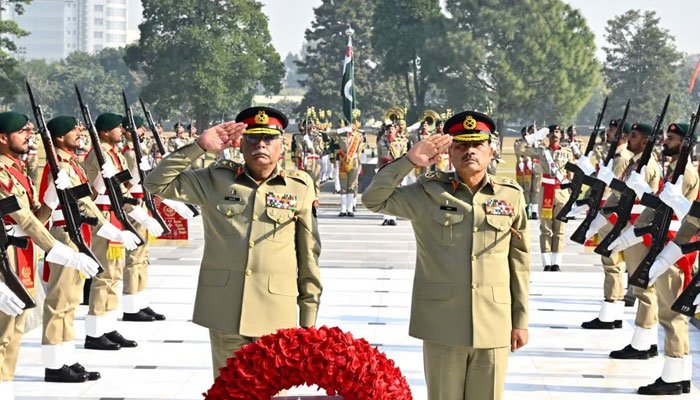After the meeting, leaders from both parties held a joint news conference to share details of their collaboration.
PML-N & MQM join hands for general elections in Sindh. In a significant development, Pakistan Muslim League-Nawaz (PML-N) and Muttahida Qaumi Movement (MQM) have announced their collaboration to contest the upcoming general elections in Sindh.
The alliance aims to strengthen local governments (LGs) across the country through constitutional amendments.
According to media report, the decision was formalised during a delegation-level meeting at the residence of PML-N leader Ahsan Iqbal.
The PML-N team, including Ahsan Iqbal, Ayaz Sadiq, Saad Rafique, and Bashir Memon, engaged in discussions with the MQM delegation, comprising Farooq Sattar, Aminul Haq, and Mustafa Kamal.
MQM presented a draft bill to PML-N, advocating for constitutional amendments to enhance the political, financial, and administrative empowerment of LGs. The goal is to extend the benefits of democracy for the welfare of the public.
After the meeting, leaders from both parties held a joint news conference to share details of their collaboration. Ahsan Iqbal emphasized their joint effort to secure a significant number of seats in the National Assembly from Sindh, traditionally a stronghold of the Pakistan Peoples Party (PPP).
The leaders discussed the upcoming general elections scheduled for Feb 8, highlighting their commitment to addressing issues such as inflation, joblessness, injustice, and civic problems in major cities.
Ahsan Iqbal stressed the importance of the LG system in engaging the youth in the democratic process and providing them with training.
MQM leader Farooq Sattar expressed satisfaction with PML-N’s response to the draft bill, highlighting their commitment to presenting the bill to other political parties to seek consensus.
More From FactFile: Asif Zardari says country moving towards transparent elections
The draft bill, titled the Constitutional (Twenty-Sixth Amendment) Act, 2024, outlines provisions for LG elections, demarcation of divisions, and the empowerment of LGs in various domains.
It proposes the direct payment of 70 per cent of provincial government shares to LGs and the transfer of powers and authorities from provincial government departments to LGs, covering various sectors such as socio-economic development, urban planning, education, health, infrastructure, environmental protection, agriculture, and taxation.”





